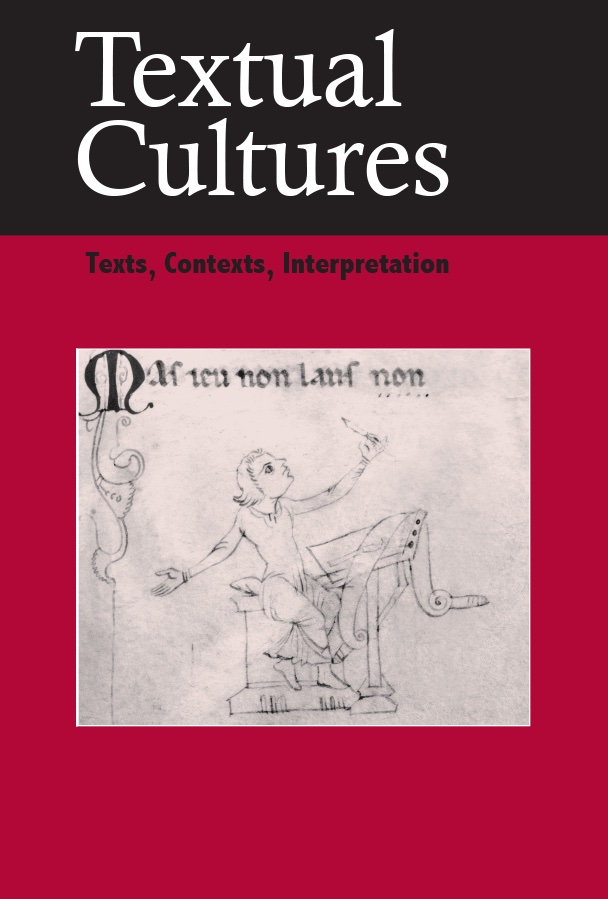Reforming oral tradition by Elias Lönnrot and Otto Manninen Nineteenth-century textual processes, textualization and genetic criticism
Main Article Content
Abstract
Collecting, editing, publishing, and re-writing folklore was an essential part of Romanticism and Romantic Nationalism. The increased interest towards folklore and oral poetry was related to the aim of creating elite cultures and literatures. In this process, questions such as what was included in the folklore publications and literature and what was ignored and hidden are of importance. The focus of the article is on the methods of textualization and genetic criticism in the making of national heritage and literature in nineteenth-century Finland. Textualization theory emphasizes the practical-technical process whereby oral/written texts are transformed, interpreted, represented, and published, whereas genetic criticism focuses more on the study of writing processes of literary works in the context of linguistic and aesthetic analysis. However, these two approaches deal with the similar questions of textual processes and variants involved in text-making, particularly variation in the process of creating nationally recognized literature.
Downloads
Article Details
Authors who publish with this journal agree to the following terms:
- Authors retain copyright and grant the journal right of first publication with the work simultaneously licensed under a Creative Commons Attribution License (see:http://creativecommons.org/licenses/by/3.0/us/) that allows others to share the work with an acknowledgment of the work's authorship and initial publication in this journal.
- Authors warrant that their submission is their own original work, and that they have the right to grant the rights contained in this license. Authors also warrant that their submission does not, to the best of your knowledge, infringe upon anyone's copyright. If the submission contains material for which an author does not hold the copyright, authors warrant that they have obtained the unrestricted permission of the copyright owner to grant Indiana University the rights required by this license, and that such third-party owned material is clearly identified and acknowledged within the text or content of their submission.
- Authors are able to enter into separate, additional contractual arrangements for the non-exclusive distribution of the journal's published version of the work (e.g., post it to an institutional repository or publish it in a book), with an acknowledgment of its initial publication in this journal.
